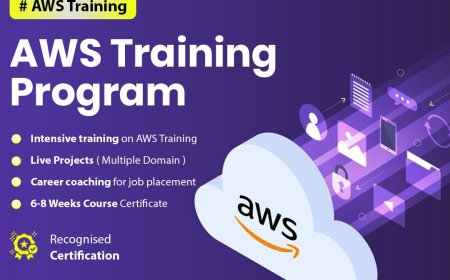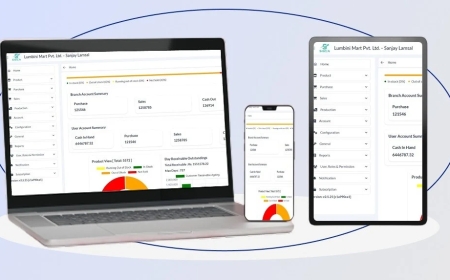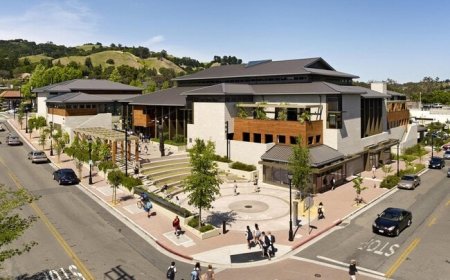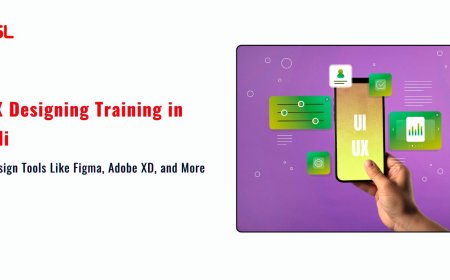Why Education Workshops Matter in Today’s Learning Environment

In today's ever-evolving educational landscape, the importance of education workshops cannot be overstated. These workshops play a crucial role in enhancing the learning experience for students, teachers, and educational professionals alike. From professional development opportunities to hands-on training sessions, education workshops provide a variety of benefits that ultimately contribute to a more enriched and effective learning environment.
The Benefits of Education Workshops
Education workshops offer a unique opportunity for participants to engage in interactive and immersive learning experiences. By focusing on specific topics or areas of study, workshops provide a concentrated learning experience that allows for deep exploration and understanding. This targeted approach helps to enhance retention and comprehension, ultimately leading to better outcomes for participants.
Furthermore, education workshops often feature expert instructors who bring a wealth of knowledge and experience to the table. These instructors are able to provide valuable insights, practical tips, and real-world examples that can help participants apply what they have learned in a meaningful way. This hands-on approach to learning is particularly valuable in today's fast-paced educational environment, where practical skills and knowledge are highly sought after.
Professional Development Opportunities
One of the key advantages of education workshops is their ability to serve as valuable professional development opportunities. For educators and educational professionals, workshops offer a chance to enhance their skills, stay current with the latest trends and developments in their field, and connect with like-minded individuals. By participating in workshops, educators can expand their knowledge base, grow their professional network, and ultimately improve their teaching effectiveness.
Hands-On Training and Skill Building
Education workshops also provide a platform for hands-on training and skill building. Participants have the opportunity to practice new techniques, experiment with different strategies, and receive immediate feedback from instructors and peers. This active engagement helps to reinforce learning, build confidence, and promote skill development in a supportive and collaborative setting.
In addition, education workshops often incorporate group activities, discussions, and projects that encourage teamwork, critical thinking, and problem-solving skills. These collaborative elements help to foster a sense of community and camaraderie among participants, creating a positive and engaging learning environment.
The Future of Education Workshops
As we look to the future of education workshops, it is clear that these learning experiences will continue to play a vital role in today's learning environment. With the rapid advancement of technology, the shifting landscape of education, and the growing demand for lifelong learning, education workshops offer a flexible and effective way to meet the evolving needs of learners of all ages.
From virtual workshops and online platforms to hybrid models and personalized learning experiences, the possibilities for education workshops are endless. By harnessing the power of technology, adapting to changing educational trends, and staying focused on the needs of learners, education workshops will remain a cornerstone of modern education for years to come.
In conclusion, education workshops matter in today's learning environment because they offer targeted learning experiences, professional development opportunities, hands-on training, and valuable skill-building activities. By participating in workshops, educators, students, and educational professionals can enhance their knowledge, build their skills, and make meaningful contributions to the field of education. As we embrace the future of learning, education workshops will continue to play a crucial role in shaping the educational landscape for generations to come.






























